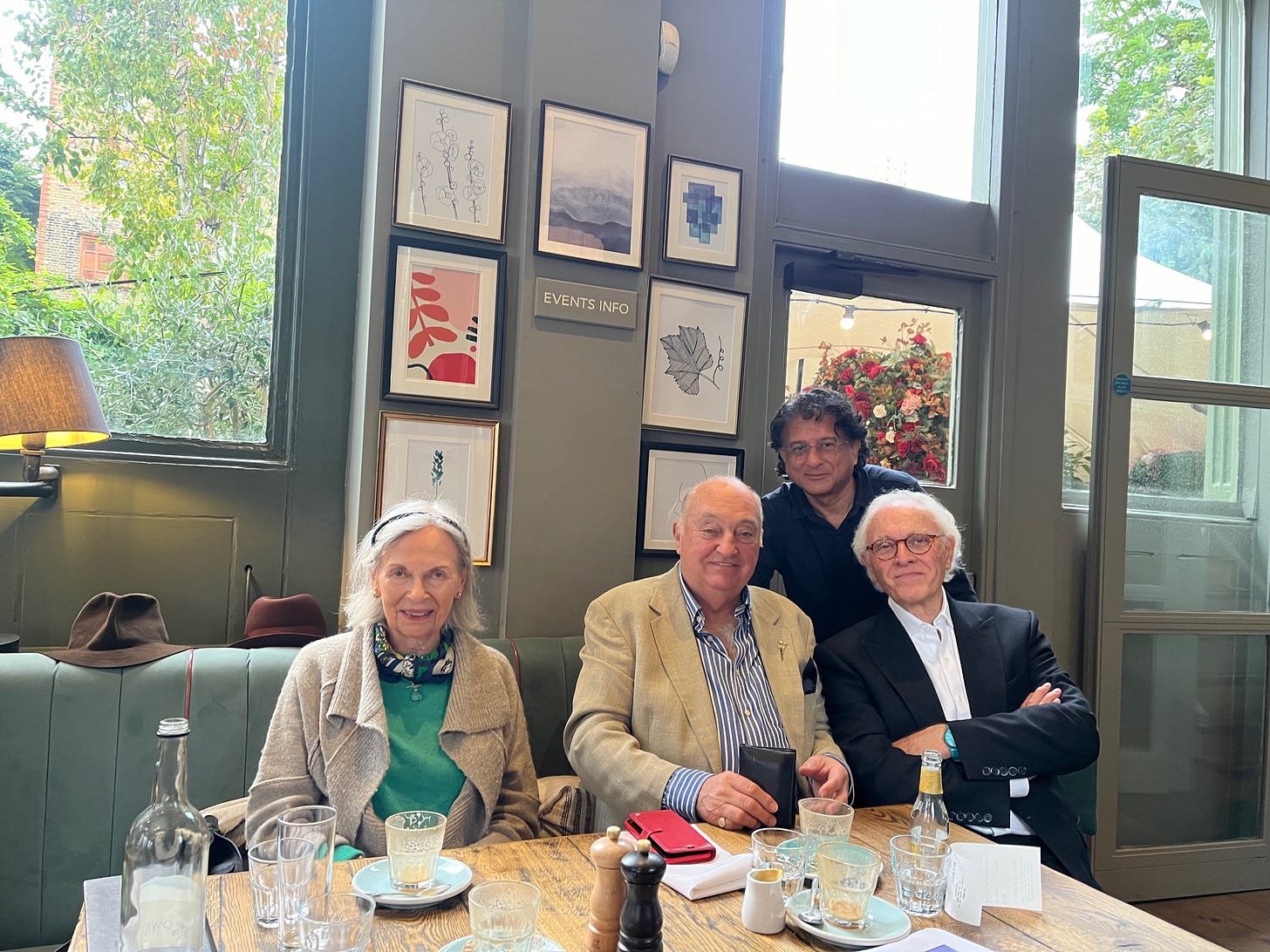On a sunny May morning in 1990, a bank courier strode out of the Bank of England and was robbed at knifepoint of 301 bearer bonds worth £292 million. It was the biggest theft in British history.
An hour before the heist, Keith Cheeseman – a well-known fence who had served time for bank robbery - got a call from Henry Nunn, a dodgy lawyer connected to London’s underworld. He invited Keith to a meeting that night with a Swiss banker, an IRA operative and the gangster Ray Ketteridge.
Cheeseman and the banker counted the bonds and were shocked to discover that the sum stolen was £427 million - £135 million more than reported by the Bank of England and repeated by a police spokesman on the BBC six o’clock news.
As Keith set out to launder the bonds, Scotland Yard and the FBI were always one step ahead in tracking them down. Over the next eighteen months, two men were shot dead - the original thief who stole the bonds and a gangland figure in the United States – each with a double tap to the head, assassination style.
Bonds were discovered in two Miami telephone books smuggled to Coke King Pablo Escobar – he used bearer bonds as a guarantee to import rare animals for his personal zoo in Medellin, just as US Colonel Oliver North used bonds to smuggle arms from Iran to the right-wing Contras in Nicaragua trying to overthrow the elected left-wing government. Three Irishmen with links to the IRA were caught with £77 million in bonds hidden in their luggage claimed they had been planted. Two years later, one of the men, Tommy Coyle, had the audacity to buy a racehorse and call it ‘77 Mill.’
More than eighty people – including Ray Ketteridge, the gang leader – were arrested and walked free as it was ‘not in the public interest to prosecute.’ Cheeseman, caught on an FBI wiretap, was extradited to the United States, and charged with fencing £292 million in bonds. He was the only man ever jailed for the crime and served almost four years of a six year sentence in some of the toughest prison blocks in America.
An Offer You Can’t Refuse

After thirty years livingin Turkey – in a villa with a pool, a beautiful wife, six large dogs and a wine cellar – the statute of limitations have ended and Keith Cheeseman decided it was time to open Pandora’s box. Through old friends in the entertainment business, he contacted the literary agent Andrew Lownie. That same day, I got a call from Andrew with an offer no writer could refuse. The opportunity to tell Keith Cheeseman’s incredible true story.
Next stop, Anatolia, a glass of raki by the poolside and an ebullient Keith Cheeseman watching as I pressed the record button on my iPhone.
Keith Cheeseman is the last of the old-time gangsters, a con man who detests violence, wears Savile Row suits and gold watches. He knew the legendary Kray twins and once played chess in HM Pentonville with the torturer and killer Frankie Fraser.
‘I suppose you’re going to kill me if I win?’ Keith said.
‘You bet your life I will.’
‘Thank Gawd for that. I can’t stand the food in here.’
Frankie Fraser was a man who never laughed. He laughed.
With its cast of gangsters, showbiz personalities, royalty, footballers and boxers, ‘How to Rob the Bank of England’ reveals how insiders in the bank planned the robbery, set up the gang to launder the reported £292 million in stolen bonds - and what happened to the £135 million kept secret from the police and the FBI.
‘How to Rob the Bank of England is available in bookshop in the UK and all the Amazons in Europe and the US. https://bookgoodies.com/a/1837731357
Mark Duffield’s 30-second movie:





British true crime with razor sharp irony
This is one of those rare books that successfully strings together a series of anecdotes into a coherent narrative without ever wandering too far from our main focus of interest - in this case: Who betrayed fraudster Cheeseman and his accomplices after this infamous multi million robbery went down?
Thurlow, the ghostwriter, perfectly captures ex-con Keith Cheeseman’s voice, and the world of posh and not so posh grifters in well-cut suits, plotting their next move over English tea in famous London hotels.
The prose is muscular, pithy and urgent, and the pace keeps you turning the page. There’s a sense of fun and irony to every episode of triumph and double-cross that is uniquely English - part farce, part tabloid scandal. The characters involved are vividly and economically drawn and conspiracy theories are deftly dropped in without ever being laboured over.
If you like true crime but have become a little over intoxicated by its darkness, this is the perfect tonic to knock back in a single sitting.